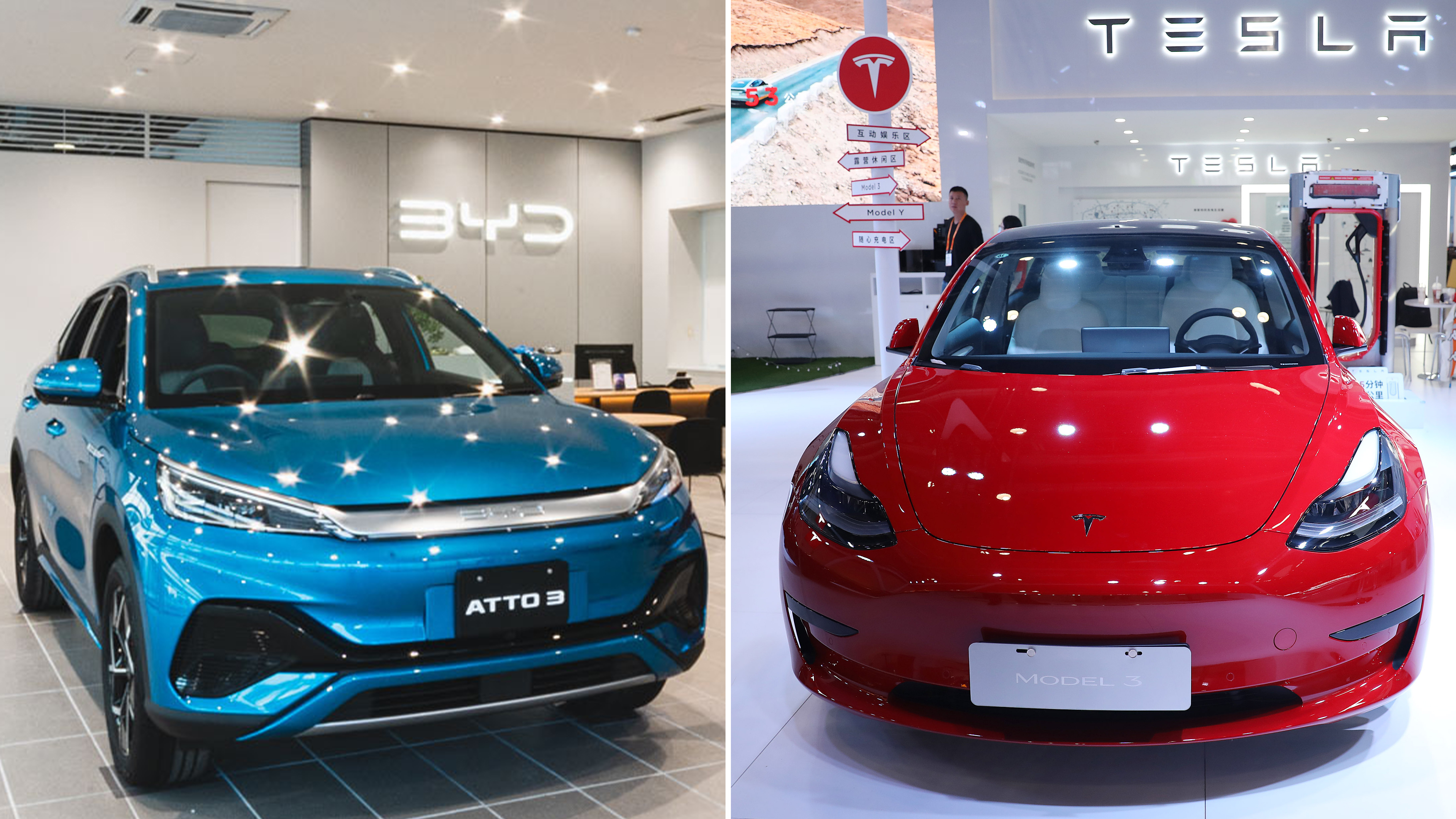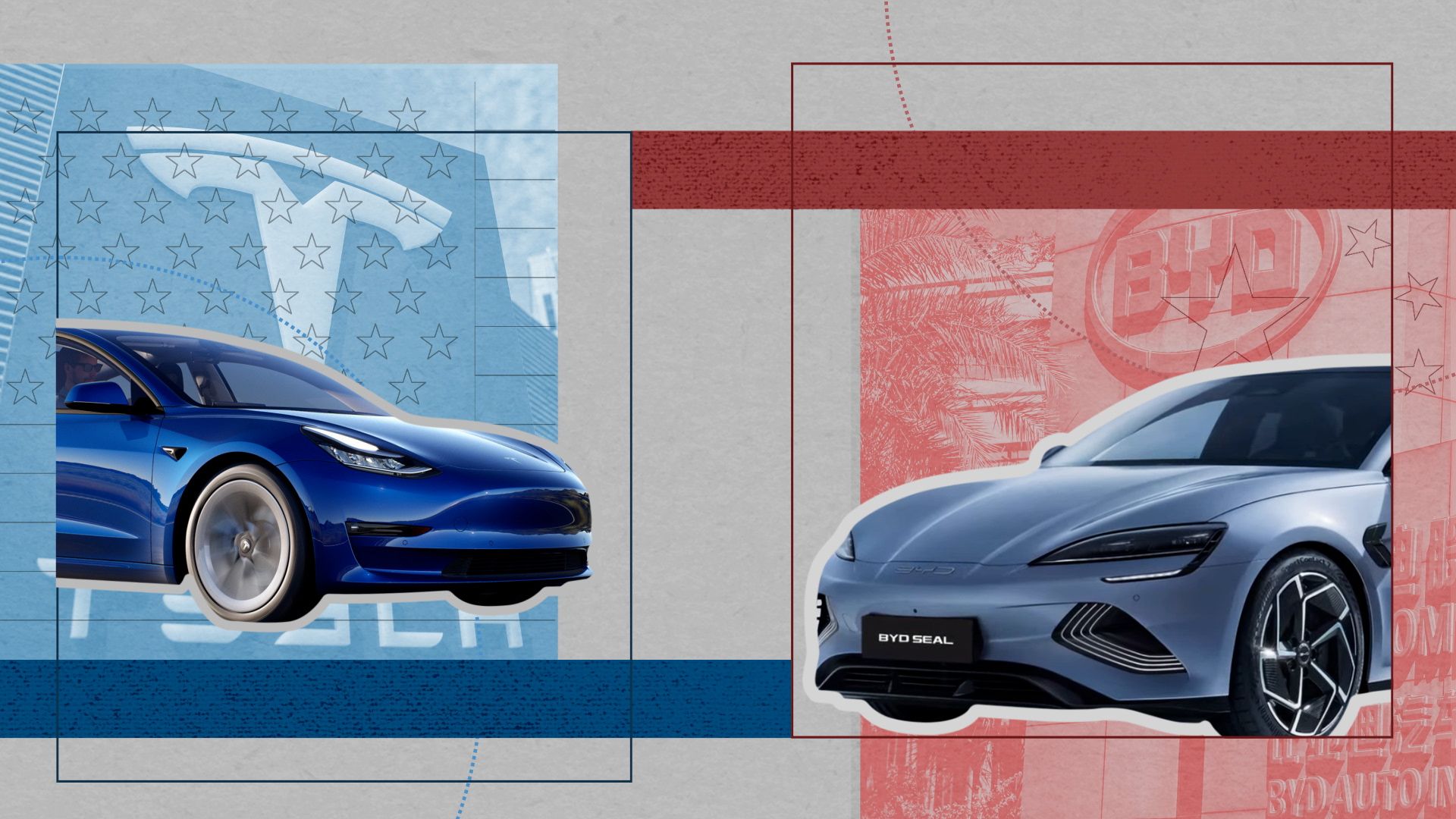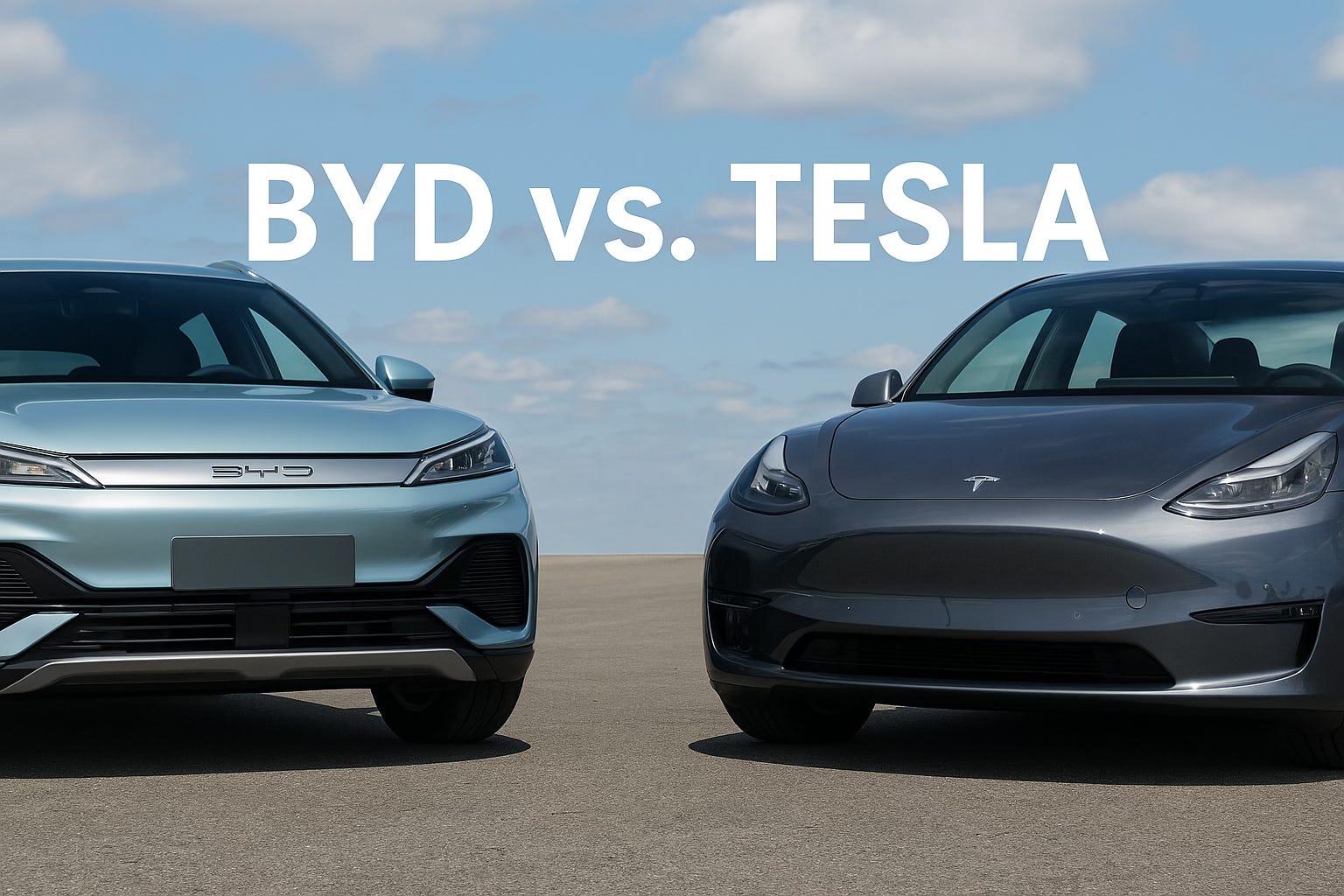
In May 2025, Tesla’s Model Y reclaimed its position as the best-selling SUV in China, overtaking the BYD Song Plus. According to data provided by China EV DataTracker, the Model Y recorded 24,770 units sold, narrowly surpassing the BYD Song Plus, which registered 24,240 units—a difference of just 530 vehicles.
This milestone comes after a relatively weak performance in April when the Model Y had to settle for second place behind the BYD Song Plus, which sold 20,668 units while the Model Y recorded 19,984 units.
However, Tesla’s flagship electric SUV made a strong comeback, claiming the top spot again in May, a significant victory in the increasingly competitive Chinese electric vehicle (EV) market.
Following closely behind the Model Y and BYD Song Plus, Geely’s gasoline-powered Xingyue L SUV took the third position with 21,014 units sold in May. This performance continues to highlight the shifting dynamics in the Chinese SUV market, where electric vehicles (EVs) are rapidly gaining ground.

Despite Tesla's success with the Model Y, the company's overall performance in China for the first five months of 2025 has shown signs of weakness. While the Model Y continues to perform well, Tesla as a whole faces increasing competition from domestic manufacturers and a tightening regulatory environment.
From January to May, Tesla has sold 126,643 units of the Model Y in China. In comparison, the BYD Song Plus recorded 110,551 units sold, while the BYD Song Pro secured the third spot with 80,245 units sold.
Despite strong sales, both Tesla and BYD have experienced a decline of approximately 20% in sales compared to the same period in the previous year. This drop reflects broader trends in the automotive market, particularly the EV sector, where growth is slowing amid increasing competition and market saturation.
Tesla's overall sales in China for the first five months of 2025 have been less than stellar. In May alone, Tesla’s sales in China dropped by 30% compared to the same month in 2024, with only 38,588 units sold.

This is a stark contrast to the company’s past performance in China, where Tesla had previously seen substantial growth year-over-year. From January to May, Tesla has sold 201,926 units in China, a 7.8% decrease compared to the same period in 2024. This slowdown is concerning for Tesla, given that the Chinese market is a key component of its global strategy.
While the Model Y's continued success is noteworthy, Tesla's performance overall in China has not been as impressive. The company’s manufacturing operations at its Gigafactory in Shanghai have also been underperforming.
In the first five months of 2025, Tesla exported only 90,949 vehicles from Shanghai, a decrease of 33.4% compared to the same period in 2024. However, May saw a slight improvement in exports, with a 33% increase, reaching 17,358 vehicles for the month. This increase indicates that while Tesla faces challenges in domestic sales, its export operations are showing some signs of recovery.
China’s electric vehicle market, which includes both battery electric vehicles (BEVs) and plug-in hybrid electric vehicles (PHEVs), has experienced significant growth in 2025. Over 1.02 million electric vehicles were sold in China in May, marking a 28% increase compared to the same month in 2024.

BEV sales alone reached 607,000 units, representing a 22.4% increase compared to the previous year. The growth in the overall EV market indicates that China is continuing to embrace electric vehicles at a rapid pace.
Tesla’s struggle to maintain its leadership position, however, highlights the increasing competition from domestic manufacturers like BYD, which is becoming a formidable player in the market.
Tesla’s challenges in China are compounded by increasing local competition, especially from BYD, which has emerged as a strong contender in the Chinese EV market. While Tesla remains the leader in the premium EV segment, the company is facing growing competition in the mass-market segment, where BYD and other local automakers have established a significant foothold.
This has made it more difficult for Tesla to maintain its dominance in China, where domestic automakers are offering a wider range of more affordable EVs, further eroding Tesla’s market share.

The increasing competition and slowdowns in sales have led many analysts to question Tesla’s ability to sustain its growth in China. While the Model Y continues to perform well, the company’s broader sales figures indicate a need for further adaptation to the rapidly changing market.
Tesla will have to work harder to differentiate itself from its competitors, focusing on product innovation, cost-efficiency, and adapting to local consumer preferences to stay competitive in the long term.
Despite these challenges, Tesla remains one of the most influential players in the global EV market. Its success in China, though slowing, still represents a significant achievement in the world’s largest EV market.
The company’s ability to rebound from setbacks and adapt to market conditions will be critical in maintaining its position as the leader in the EV industry. One of the key challenges for Tesla moving forward is the increasing competition from local Chinese automakers.

While Tesla has made significant strides in the Chinese market, it will need to continue innovating and offering products that stand out from the competition. The company’s success in China will depend on how well it adapts to changing consumer demands and navigates the complex regulatory landscape.
Looking ahead, Tesla will need to focus on its long-term strategy for China. While the Model Y has regained its spot as the best-selling SUV, the company must address the broader issues that are impacting its sales and overall growth.
To do so, Tesla will need to improve its production processes, enhance its brand image, and better align its offerings with local preferences. By doing so, Tesla can maintain its competitive edge and ensure its long-term success in the Chinese market.
In conclusion, while the Tesla Model Y’s resurgence in May is a positive development for the company, Tesla's overall performance in China has shown signs of decline. The company faces increased competition from local automakers like BYD and regulatory challenges in the Chinese market.

Despite these setbacks, Tesla remains a dominant force in the global EV market, and its ability to adapt to the changing landscape in China will be key to its long-term success. Tesla’s ability to innovate and stay ahead of its competitors will determine its future in China and the global EV market as a whole.



-1749055676-q80.webp)